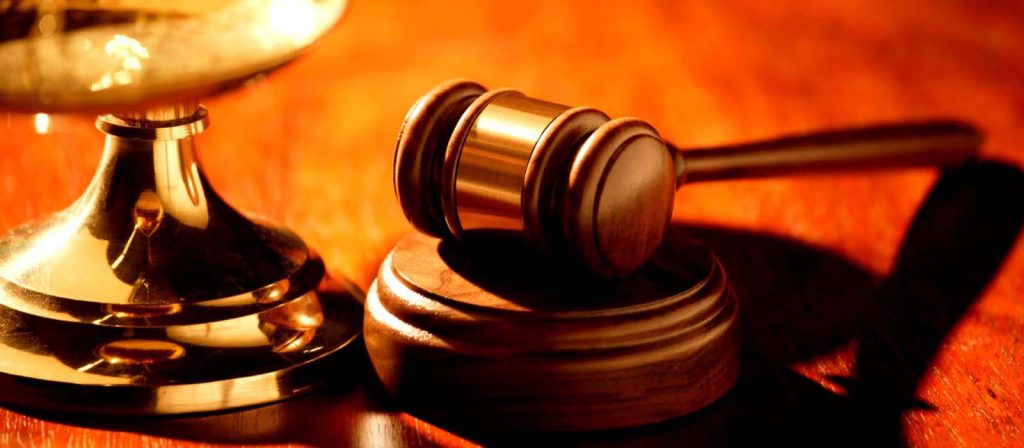Jayakrishna Sahu
The Collegium System is being finger-pointed after the Supreme Court Collegium recommended Justice Dinesh Maheswari and Justice Sanjiv Khanna for elevation to the Supreme Court by superseding several other judges, and President Ram Nath Kovind has accepted the recommendations. Not only is Justice Khanna at number 33 in the combined seniority of high court judges at the all-India level, he is also being elevated directly from the parent high court, which is exceptional. Justice Maheswari is also at number 21. According to normal practice, when a justice of his parent high court is elevated to become chief justice, he is transferred to another high court, and only then is he eligible to be elevated to the Supreme Court. Normally the senior-most chief justices of high courts are elevated to the Supreme Court. But in the case of Justice Khanna these precedents were thrown to the winds without rhyme or reason.
The irony is that in 1977, Justice H R Khanna had to resign as Supreme Court judge because Indira Gandhi, the then Prime Minister, superseded him and appointed Justice M H Beg as the Chief Justice of India. Now his own nephew Justice Sanjiv Khanna is being elevated to the SC superseding 32 high court judges. Justice H R Khanna had been lauded then as his was a rare voice of reason and courage amid the terror of the Emergency. The independence of Judiciary was throttled in the name of “Committed Judiciary”. The first such political interference was in 1973 when Indira Gandhi superseded three brilliant judges to make Justice AN Ray the CJI.
The difference between the Justice HR Khanna and Justice Sanjiv Khanna is that while the former was the victim of the machinations of the Executive, or the then Prime Minister, the latter, or the Judiciary, is the victimiser as he supersedes 32 senior judges. The Collegium of the Supreme Court committed the same blunder once condemned by the same judiciary as an attack on the independence of the judiciary.
The Collegium system is in the dock once again. In the past, too, the constitutionality, legality, morality and necessity of the system have been questioned both by the Bench and the Bar, and it has been criticised for the lack of transparency and credibility
Indira Gandhi refused to elevate Justice H R Khanna as CJI only because he did not toe her political line and gave an independent and bold judgement that upheld the basic structure of the Constitution in the historic Keshavanand Bharati Case. What type of tribute is his nephew’s elevation to that great soul? Is it not an insult to the legacy of the judicial courage Justice HR Khanna championed?
Many judges, former judges, eminent jurists and lawyers have opposed the recommendation of the Collegium, as it has overlooked the widely respected tradition and precedent of seniority. Sitting Supreme Court Judge S K Kaul has already written to CJI Gogoi not to ignore seniority of the Chief Justices of Delhi and Rajasthan high courts. Retired Delhi High Court Judge Kailash Gambhir has opposed the move and expressed displeasure stating that it would generate disquiet in the Judiciary and dissatisfaction in the Bar. Bar Council of India Chairman Manan Kumar Mishra has also criticised the blatant supersession of judges by the Collegium.
Former Delhi HC judge S N Dhingra has not only objected to this supersession but also criticised the Collegium system itself. In an interview given to Ravish Kumar of NDTV January 17, Justice Dhingra specifically alleged that some are chosen and appointed by the SC or HC Collegiums as judges only with the sole intention to make them chief justices of high courts or the Supreme Court. He has also expressed surprise that different Collegiums are recommending different judges for elevation to the apex court. Last November, the previous Collegium had not recommended Justice Maheswari and Justice Khanna.
Thus, the Collegium system is in the dock once again. In the past, too, the constitutionality, legality, morality and necessity of the system have been questioned both by the Bench and the Bar, and it has been criticised for the lack of transparency and credibility. Allegations of nepotism and favouritism practised through the Collegium abound. Without a free and fair judiciary, there can be no successful democracy. It is also undisputed that the freedom of the Judiciary must be protected and preserved at all costs. The moot question, however, is whether appointment of judges through such an opaque and dubious process upholds the independence of the judiciary.
The Supreme Court through a historic judgment October 16, 2015, struck down the Constitution (99th Amendment) Act, 2014 and declared the National Judicial Appointments Commission Act, 2014, unconstitutional and the old Collegium System valid despite admitting that the latter suffered from major defects of lack of transparency and credibility.
None of the major, modern democracies of the world, including Britain and the US, confers the Judiciary with the right to appoint judges; the Legislature or the Executive is empowered with that right. Why should India be an exception? It is high time the country again pondered seriously get rid of this erroneous Collegium System, and a better, transparent, honest and just system be traced out to preserve and protect the merit, dignity and credibility of the Judiciary which is vital for a successful democracy.
The writer is an advocate based in Bolangir.
